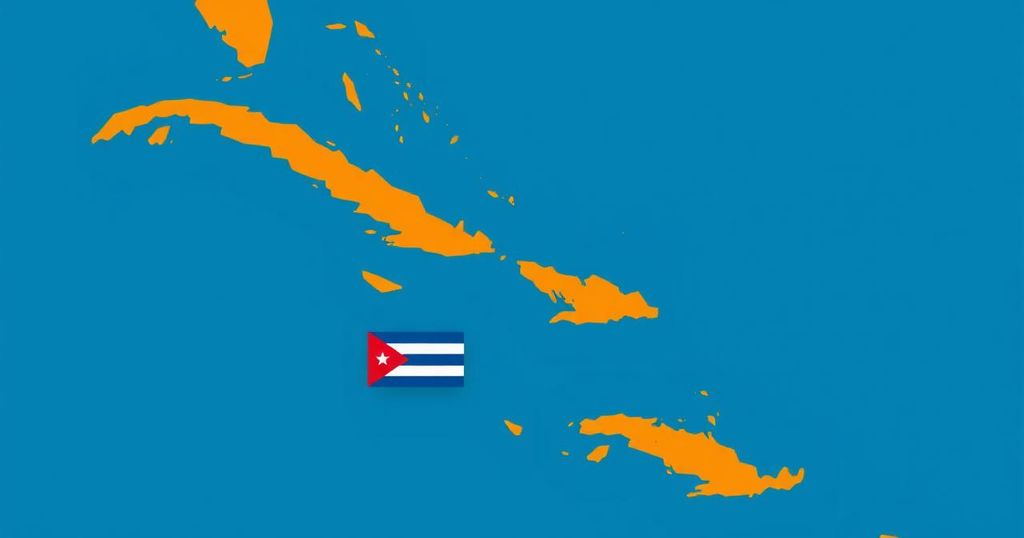U.S. Exerts Pressure on CARICOM Regarding Cuba and Venezuelans

The Trump administration is pressuring CARICOM to end cooperation with Cuba and relocating Venezuelans to El Salvador. Dahoud Andre of KOMOKODA discusses these issues and community media’s role. The judicial system’s relationship with government power and Western support for Israel are also examined in the context of ongoing colonial struggles.
In a recent segment, it was reported that the Trump administration is pressuring CARICOM member nations to discontinue their involvement in a Cuban medical program. This initiative showcases the administration’s broader strategy to exert influence over the Caribbean region by limiting cooperation with Cuba. Additionally, the U.S. has begun relocating Venezuelan individuals to El Salvador as part of its immigration policy.
Dahoud Andre, representing KOMOKODA, emphasizes the ongoing struggles faced within the Caribbean context, particularly regarding the interventions of external powers in regional affairs. He notes the significant role of community-based media, such as his daily radio program, in addressing these pressing issues.
Amidst the political climate, there are broader implications concerning the relationship between the Trump administration and the judiciary. The judicial outcomes will ultimately impact citizens, including their civil liberties and governmental powers regarding incarceration.
The unwavering support Western powers provide to Israel has been critiqued as an ongoing extension of colonialism and white supremacy. This stance perpetuates a narrative of moral superiority among Western nations in contrast to colonized populations who encounter systemic oppression.
The sentiments of Ntozake Shange resonate as she connects various global struggles, reminding us that despite linguistic differences, communities from Haiti to Palestine share a collective fight against entrenched power structures.
The article highlights the Trump administration’s efforts to curtail CARICOM’s association with Cuba while shifting Venezuelans to El Salvador, indicating a broader strategy of influence. Dahoud Andre’s insights reveal the urgency of addressing these political dynamics in the Caribbean. Additionally, concerns about judicial authority and Western support for Israel’s actions further complicate the socio-political landscape faced by marginalized groups globally. The unifying struggles against powerful adversaries are poignantly echoed in Shange’s reflections.
Original Source: www.blackagendareport.com








